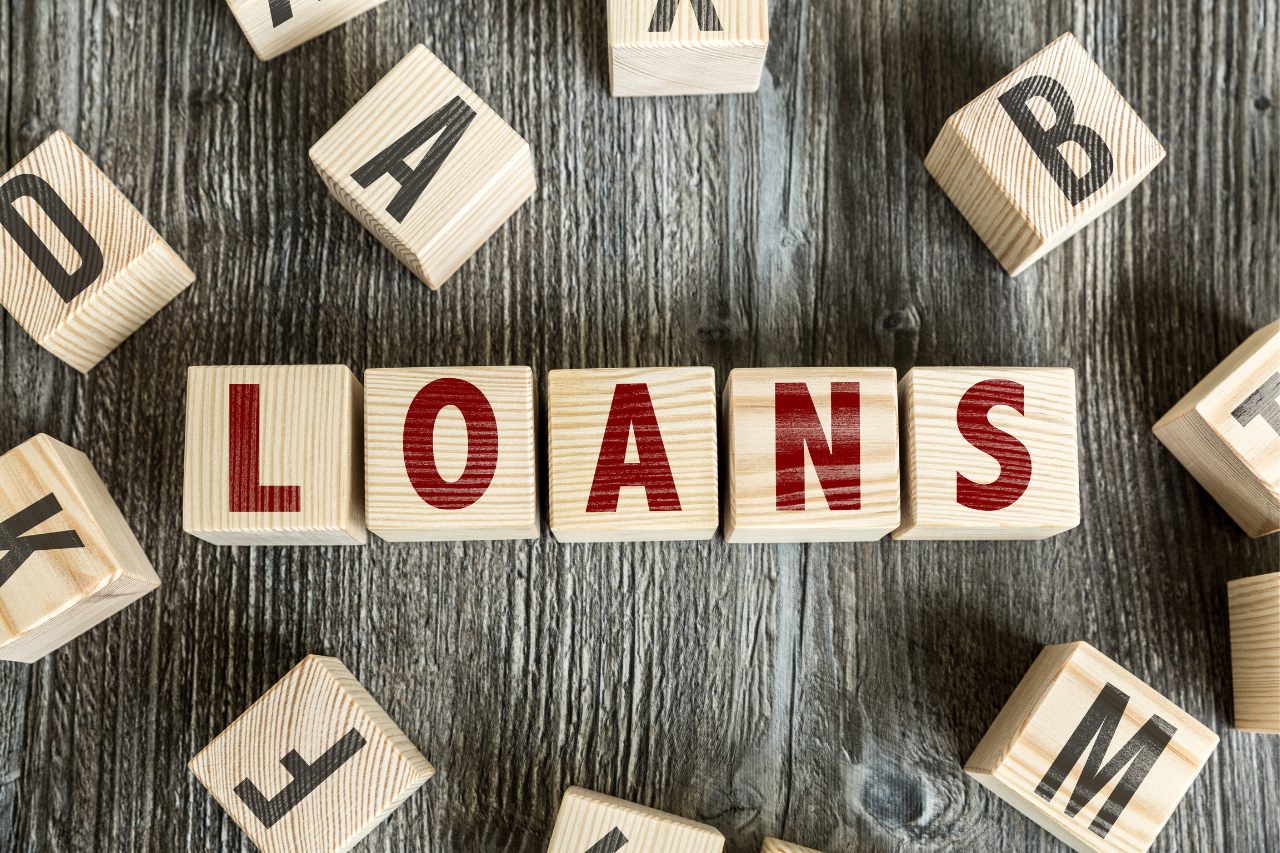
Unsecured Personal Loans: Key Considerations

Share:
If you’re in need of funds but don’t have any assets to use as collateral, an unsecured loan may be the right solution for you. Unsecured loans are financial products that allow borrowers to obtain funding without putting up any collateral. These loans can come in handy in variety of situations, from consolidating debt to financing a large purchase.
There are a few things to keep in mind when considering an unsecured loan, such as the interest rate and repayment terms. It’s important to compare offers from multiple lenders to ensure you’re getting the best deal possible. Keep reading to learn more about unsecured loans and how they can benefit you.
What is an unsecured personal loan?
An unsecured personal loan is a type of financing that does not require the borrower to put up any collateral. This means that the loan is not backed by any asset, such as a home or car. unsecured loans are often used for smaller purchases, such as consolidating debt or paying for unexpected expenses.
One of the main advantages of an unsecured personal loan is that it can be easier to qualify for than a secured loan. This is because the lender does not have to worry about repossessing any collateral if the borrower defaults on the loan. However, unsecured loans typically have higher interest rates than secured loans.
If you are considering taking out an unsecured personal loan, it is important to compare offers from multiple lenders. Be sure to consider the interest rate, fees, and repayment terms before you decide on a loan. You can use our personal loan calculator to estimate your monthly payments.
What is the difference between secured and unsecured loans?
A secured loan is a loan that is backed by collateral. This means that if you default on the loan, the lender can seize the collateral to recoup their losses. The most common type of secured loan is a mortgage, where the collateral is your home.
An unsecured loan is not backed by any collateral. This means that if you default on the loan, the lender cannot seize any assets. unsecured loans are often more difficult to qualify for than secured loans. However, they typically have lower interest rates.
Pros and cons of secured and unsecured loans
Secured loans:
-May have lower interest rates
-Can be easier to qualify for
-The lender can seize the collateral if you default on the loan
Unsecured loans:
-Do not require collateral
-Can have higher interest rates
-No risk of losing assets if you default on the loan
How do unsecured loans work?
Unsecured loans are loans that are not backed by collateral. This means that if you default on the loan, the lender cannot seize any assets. unsecured loans are often more difficult to qualify for than secured loans. However, they typically have lower interest rates. unsecured loans can be used for a variety of purposes, such as consolidating debt or paying for unexpected expenses.
If you are considering taking out an unsecured loan, it is important to compare offers from multiple lenders. Be sure to consider the interest rate, fees, and repayment terms before you decide on a loan. You can use our personal loan calculator to estimate your monthly payments.
What is the interest rate on an unsecured personal loan?
The interest rate on an unsecured personal loan depends on a variety of factors, such as your credit score, income, and debts. unsecured loans typically have higher interest rates than secured loans.
Common uses for unsecured personal loans
-Paying for unexpected expenses
-Making a large purchase
–Funding a home improvement project
-Paying for medical bills or surgery
-Taking a vacation
– Starting a business
-Moving to a new home
-Covering wedding costs
How to qualify for an unsecured personal loan?
unsecured personal loans are often more difficult to qualify for than secured loans. Lenders will typically consider your credit score, income, debts, and employment history when deciding whether or not to approve your loan. It is important to compare offers from multiple lenders to find the best rate and terms for you.
What is the difference between a personal loan and a line of credit?
A personal loan is a fixed-term loan that is typically used for one-time expenses, such as consolidating debt or paying for unexpected expenses. A line of credit is a flexible loan that can be used for a variety of purposes and repaid over time. Lines of credit typically have lower interest rates than personal loans.
How to use unsecured personal loans
Unsecured personal loans can be used for a variety of purposes, such as consolidating debt or paying for unexpected expenses. If you are considering taking out an unsecured loan, it is important to compare offers from multiple lenders. Be sure to consider the interest rate, fees, and repayment terms before you decide on a loan.
You can use our personal loan calculator to estimate your monthly payments. Unsecured personal loans are often more difficult to qualify for than secured loans. Lenders will typically consider your credit score, income, debts, and employment history when deciding whether or not to approve your loan.
Bottom Line
An unsecured personal loan is a loan that is not backed by collateral. unsecured loans are often more difficult to qualify for than secured loans. However, they typically have lower interest rates. unsecured loans can be used for a variety of purposes, such as consolidating debt or paying for unexpected expenses.
If you are considering taking out an unsecured loan, it is important to compare offers from multiple lenders. Be sure to consider the interest rate, fees, and repayment terms before you decide on a loan. You can use our personal loan calculator to estimate your monthly payments.
Most Popular


What is Coffee Bloom and why does it happen?

20 Best Books Made Into Movies And TV Shows





